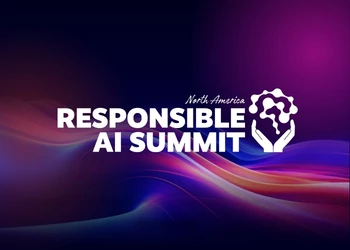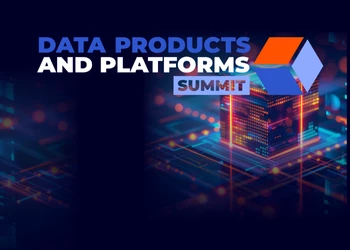Actual Scalable (Digital) Transformation with Charles Mulinder, Head of Intelligent Automation & Change, Fidelity International
Building a Resilient, Future-Proof Intelligent Automation Strategy Post-Pandemic
Add bookmark
Since the start of the pandemic, many of us have focused on the light at the end of the tunnel, that day when things “go back to normal.” However, in an environment where everything has changed, can we really ever “go back to normal”? More importantly, should we?
With this in mind, we invited Charles Mulinder, Head of Intelligent Automation & Change at Fidelity International, to join us at the upcoming Scalable RPA & Intelligent Automation Live virtual event taking place March 30-April 1 and share his take on his organization’s evolving approach to “Actual Scalable (Digital) Transformation For Enterprise Resiliency.”
Time and time again, intelligent automation (IA) and robotic process automation (RPA) have proven themselves to be powerful enablers of business resilience. For banks and other financial services organizations, there is a direct link between business continuity planning (BCP), customer satisfaction and, ultimately, profits.
“When you work in financial services, you want people to trust you. And you trust people who help you through your most challenging times. So I think it's a really important thought process that all of us need to build into our psyches is this idea of the new normal. It's never going to go back to the way it was before.
So if this, here and now, is the starting point, how do you plot your trajectory from here rather than thinking about, how do I get back to where I was before? Because we're not going to get back to where I was before anytime in the immediate future,” Charles told us.
One of the potential benefits of working from home for the past year is that it’s opened people’s mind to remote working environments, so now, when it comes to recruiting talent, companies aren’t so locked into geographical locations. This is especially important in the world of automation as finding and keeping talent with the right AI and RPA skills can be incredibly difficult.
As Charles puts it, “I've seen more hiring across the industry of people who live one, two, three, 400 miles away from an office as this is now a valid way of working. I think the other thing it does is if you look at when you lose talent it’s often because people just move away, they're tired of living in London or New York or wherever it is. But now we can start to create a very different dynamic. You could go and live somewhere down by the coast and work remotely and operate in a different cost base. So it opens up a whole different way, I think of looking at talent. Also a different way of nurturing, promoting and mentoring talent, because you're not necessarily going to have people in the office eight or 10 hours a day.”
One thing is for sure, given how much has changed, it’s incredibly important that automation leaders continuously reassess their long-term enterprise IA and RPA strategies as the, hopefully, final months of the pandemic roll along. To see how other automation leaders are confronting this immense challenge reserve your spot at the upcoming Scalable RPA & Intelligent Automation Live virtual event taking place March 30-April 1.
Want content and event updates in real-time? BECOME AN INTELLIGENT AUTOMATION NETWORK (IAN) MEMBER
The key for global corporate enterprise is to benefit from the collective intelligence presented by RPA and cognitive technologies along with human workers. Only by having technology combine with human talent can global corporate enterprise achieve scalable intelligent automation. And only with scalable intelligent automation enterprise resiliency be realized. Join that community for lessons learned at SRIA Live.Scalable RPA & Intelligent Automation Live























